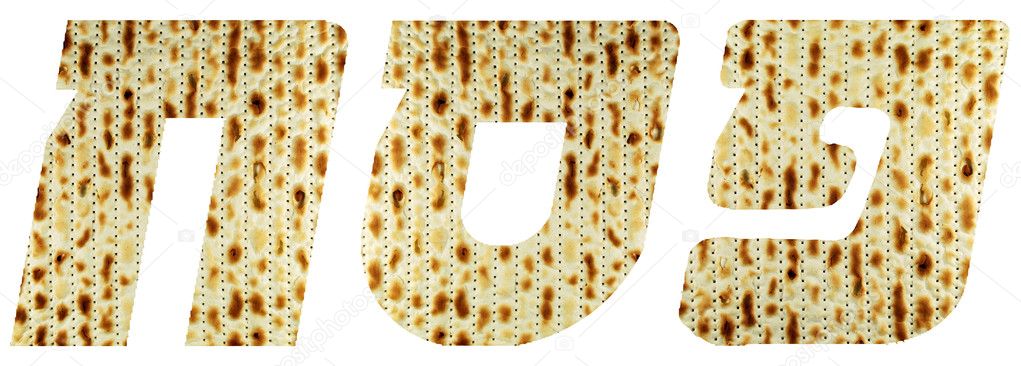“June is bustin’ out all over” is the song rising in
my heart this time of year. From Rogers & Hammerstein’s “Carousel,” the
song opens with the following intro that might sound familiar to New
Englanders (especially after this past winter):
March went out like a lion
Awakin' up the water in the bay;
Then April cried and stepped aside,
And along came pretty little May!
May was full of promises
But she didn't keep 'em quickly enough for some
And the crowd of doubtin' Thomases
Was predictin' that the summer'd never come
But it's comin' by dawn,
We can feel it come,
You can feel it in your heart
You can see it in the ground
You can see it in the trees
You can smell it in the breeze
Look around! Look around! Look around!
Awakin' up the water in the bay;
Then April cried and stepped aside,
And along came pretty little May!
May was full of promises
But she didn't keep 'em quickly enough for some
And the crowd of doubtin' Thomases
Was predictin' that the summer'd never come
But it's comin' by dawn,
We can feel it come,
You can feel it in your heart
You can see it in the ground
You can see it in the trees
You can smell it in the breeze
Look around! Look around! Look around!
Look around indeed! This song describes the
jubilation that many of us feel as we finally put away our winter coats and
sweaters, take out the patio furniture, get on our bikes, and enjoy the fresh
breezes that smell of peonies and carry hints of ocean waves.
June seemed like the perfect time for the 2014 HBT
retreat. Last year’s congregational retreat fell on Mother’s Day, a bit early
for the beach. Yet it was such a huge success, that we immediately scheduled
this year’s return to the Cape for the first open date we could find: June
15-17. Last year, we impinged on Mother’s Day; this year we tread on Father’s
Day. In any case, we have 97 individuals registered this year, including 28
kids (ages 2 - 19). I’m looking forward to the beach, of course, and also to
slowing down and spending time as a community over Shabbat meals, singing,
dancing, playing and schmoozing.
Look around! Look around! Look around!
Look around and you’ll notice that some of our
members who would have liked to come will not be joining us. June is a month
for family events (weddings, b’nai mitzvah), graduations, and other summer
activities. Not surprisingly, June is also the time for the annual Gay Pride Parade
in Boston, and it falls this Saturday. This created a conflict for some
individuals, and perhaps for our congregation as well.
In yesterday’s Boston
Globe, this same tension was highlighted by this weekend’s conflict between
the Pride Parade and the Democratic State Convention in Worcester. While some
political leaders will shuttle between the two events, most people who would
like to attend both will have to make a choice. As the Yiddish saying goes, “Mit eyn tokhes, ken men nit tantsn af tsvey
khasenos,” or “With one behind, you can’t dance at two weddings.”
It’s a tough choice, just as it is for participants
in the HBT retreat.
The lingering question, one worthy of conversation,
is, how does this conflict speak to our temple’s espoused commitment to LGBT
inclusion? Should we have skipped the
retreat this year if this was the only available date? In what way can our congregation demonstrate
that this conflict between dates is not a repudiation of our values? These are
serious questions.
As the poet Rilke once wrote, “Those tasks that have been entrusted
to us are difficult; almost everything serious is difficult, and everything is
serious.”
What goes into our decision-making process for
temple events? The first criterion will always be the Jewish calendar. That is
our primary mission. We schedule and reschedule events around holidays and
Shabbat.
In addition, we have many principles and constituencies
we care about. We aspire to include as many people as possible in a way that is
as welcoming as possible. Yet the retreat is not accessible for members who are
aged or have disabilities. Some of our members who come regularly on Shabbat
morning will have no service to attend at HBT while we are away on retreat. As
a congregation that holds community as a central tenet, it is important that we
remain mindful of the many constituencies in our community, and how our choices
to support one may affect another.
Our choices may reflect our overall values, and they
may also reflect what we feel is important for that moment. Some choices, like
what fruit to eat from the lunch buffet, are fairly undemanding. Some choices,
like whether to steal or whether to pay for our purchases, are straightforward.
And sometimes, the choices are between two things that seem equally important.
The struggle that ensues in difficult decisions is
called in the Mussar tradition, a bechira (choice) point. Alan Morinis
explains (in Everyday Holiness) that the bechira-point provides an opening “where you have the greatest
potential to ascend spiritually. It is important to recognize that each choice
you make can be a rung on the ladder” of your spiritual life. They are opportunities
to reflect on what motivates us. They have power to make us even more
committed, or they can transform us.
Next year, the Pride Parade will take place on
Saturday, June 13. Head’s up: we have a bar mitzvah scheduled for that morning.
Happy Pride – may the parade be joyful and may your
streets be lined with love.
Happy June to all, wherever you may be this weekend!
For those who will not to be at the retreat, we will miss you, we know you’ll
be missing us, and we hope to see you at the next retreat.







